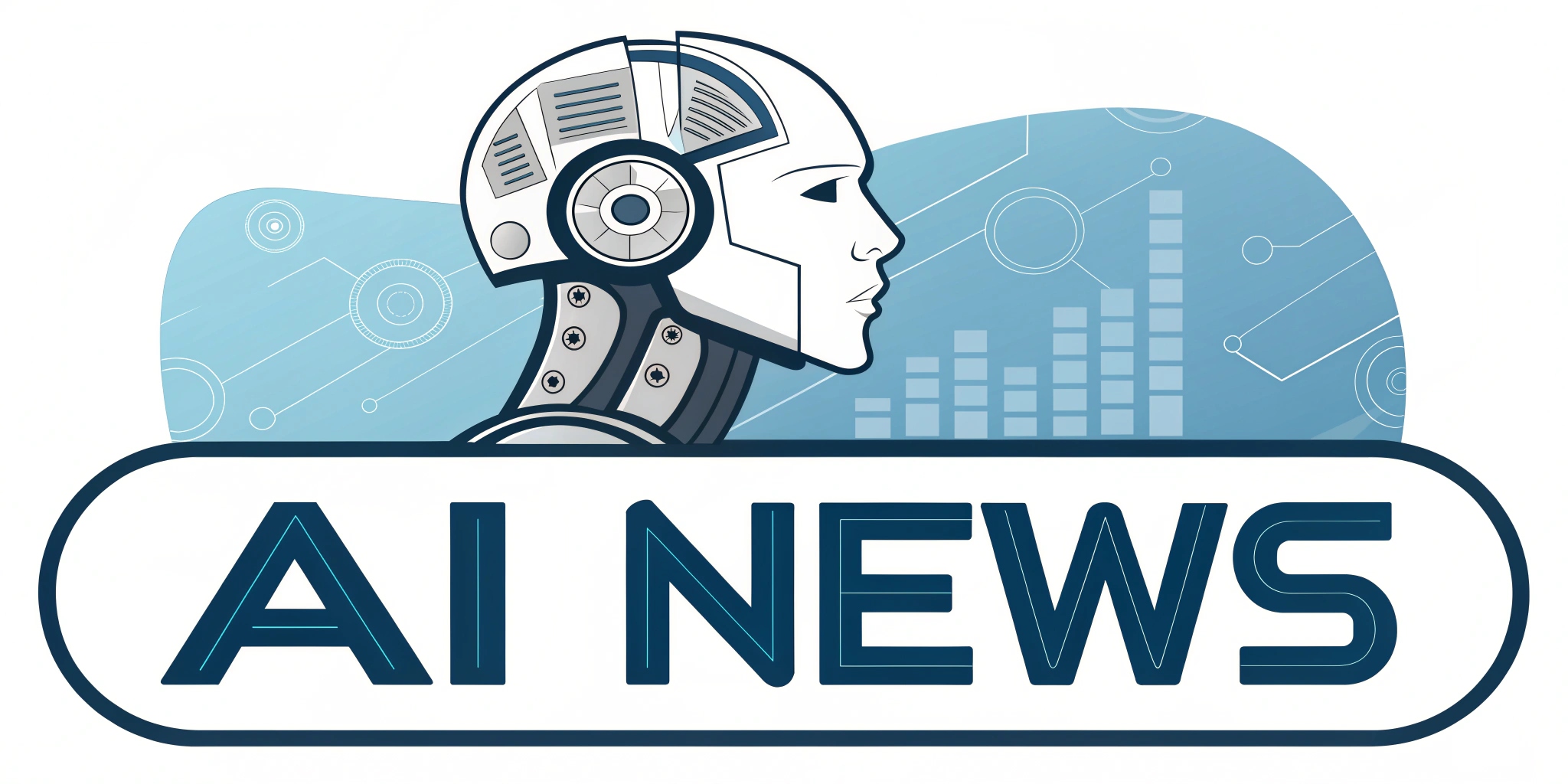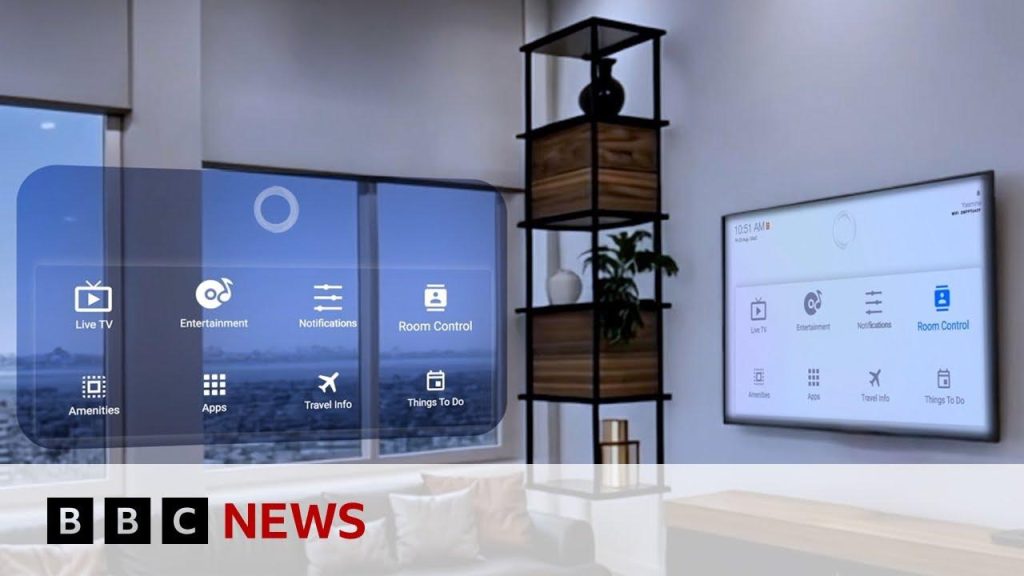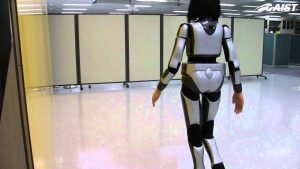Las Vegas, known as a mecca for travelers with over 40 million visitors each year, is adding a groundbreaking new twist to its famed hospitality scene. With a staggering over 110,000 guests arriving daily,the city’s demand for accommodation is nothing short of monumental. Enter Autonomous, being touted as the world’s first fully AI-powered hotel, just minutes from the iconic Las Vegas Strip. Its founders proudly assert that this innovative property revolutionizes the guest experience by seamlessly integrating artificial intelligence into every facet of a stay. While many hotels incorporate AI into their operations, the team behind Autonomous emphasizes that their approach seeks to rekindle the timeless essence of human connection through advanced technology. From personalized check-ins that utilize facial recognition to a virtual butler system managing everything from room service to towel deliveries without a human touch,Autonomous promises to cater to the unique preferences of each guest,all aimed at crafting a bespoke stay in the heart of the entertainment capital.
The Rise of AI-Powered Hospitality in Las Vegas
The integration of AI technology within the hospitality sector is reshaping the way guests interact with their surroundings. In Las Vegas, the introduction of an AI-driven hotel presents a novel experience where technology enhances every aspect of guest interaction. This paradigm shift goes beyond conventional automation; it promises an intelligently designed atmosphere tailored to individual needs. Guests can expect features such as:
- Smart Room Controls: Automatically adjust lighting and temperature based on personal preferences.
- Personalized Recommendations: AI algorithms suggest entertainment options, dining experiences, and activities based on user preferences and past behaviors.
- Instant Feedback Mechanisms: Guests can provide real-time feedback on services, allowing the hotel to adapt quickly to their desires.
Moreover, this hotel marks a significant departure from conventional guest service paradigms. In lieu of traditional front desk interactions, guests experience a smoother transition from check-in to check-out through user-friendly interfaces and voice-activated technology.Each room acts as a digital concierge, offering a plethora of services without the need for physical staff intervention. Such advancements also promise effective resource management, possibly reducing operational costs while concurrently elevating the overall guest experience, attracting a new demographic that values efficiency and innovation in their travels.
Revolutionizing Guest Experiences Through Personalization
In a world where convenience frequently enough defines guest expectations, this innovative hotel shifts the focus towards an interactive travel journey that deeply resonates with individuality. Through tailored services powered by AI,guests receive a heightened level of personalization that caters not just to their preferences but anticipates their needs.As an example, upon arrival, the system recognizes returning guests, welcoming them by name and adjusting the room settings to their ancient preferences, creating a sense of familiarity and comfort. Further enhancements include:
- Dynamic Entertainment Options: Curated content based on mood, preferences, and even local events delivered through smart devices in the room.
- Customizable In-Room Ambiance: Mood lighting and music selections that align with guests’ specific tastes can be controlled through their smartphones.
- 24/7 AI Engagement: Chatbots and virtual assistants available around the clock to help with inquiries, recommendations, or bookings, ensuring instant access to necessary information.
The innovative use of AI goes beyond mere efficiency; it facilitates a seamless journey through understanding and adapting to individual guest profiles. Each interaction is recorded and analyzed through machine learning, creating a personalized feedback loop that not only improves guest satisfaction but cultivates brand loyalty. As the future unfolds, this AI-centric approach stands to set new benchmarks across the hospitality industry, creating an environment where guest satisfaction is no longer a goal, but a standard expectation.
Seamless Check-In and Room Management: The Future of Hotel Stays
Advancements in technology are redefining how hotels manage room assignments and guest interactions, leading to a change in the hospitality landscape. The AI-powered model allows for a fully automated check-in process, where guests bypass traditional queues entirely. This system utilizes biometric data to authenticate identities,ensuring a swift and secure entrance without the need for physical key cards. Additionally, smart algorithms can efficiently allocate rooms based on guest preferences, maximizing comfort and satisfaction while minimizing wait times. Features include:
- Efficient Room Allocation: Using real-time data to match guests with the most suitable available rooms.
- Automated Maintenance Alerts: AI monitors room conditions, proactively notifying housekeeping or maintenance staff, enhancing overall satisfaction.
- Personalized Check-In Experience: Custom greetings and tailored service suggestions based on guest profiles enrich the overall atmosphere.
As guests settle in, the hotel’s advanced AI system continues to learn from their interactions, enabling an remarkable management of services. Each room functions autonomously, implementing preferences for lighting, climate, and entertainment systems based on previous stays or initial survey responses. This forward-thinking model not only saves operational costs but also minimizes human error, providing consistent and reliable experiences for all visitors. The continuous analysis of data ensures that the hotel evolves alongside guest expectations, solidifying its place as a pioneering force within the hospitality sector, which increasingly demands seamless efficiency.
Balancing Technology and Human Connection in the Hospitality Sector
As technology becomes more intertwined with the hospitality experience, the challenge lies in ensuring that genuine human connection is not lost amid the efficiency of automation. Guests may appreciate the convenience of AI-driven services, yet many still crave the warmth and personal interactions that come with traditional hospitality. This duality encourages hotel operators to find innovative ways to blend technology with authentic human engagement, crafting a hospitality experience that feels both modern and welcoming. AI can facilitate connection without completely replacing the staff; for instance, equipped with data insights, team members can engage with guests more meaningfully, tailoring their interactions based on historical preferences and feedback.
The potential for enhancing customer relationships extends beyond simple automation. By utilizing AI tools, hotels can create a culture of anticipation, where staff are informed about returning guests’ preferences, allowing them to provide personalized touches that foster loyalty. However, it is essential that this high level of personalization does not come at the cost of privacy. Ensuring data security while using technology to build connections is paramount. To maintain a healthy balance, hospitality businesses should prioritize transparency in how guest data is collected and used, embracing a model that respects individual privacy while enhancing the personalized experience. This equilibrium could redefine traditional hospitality, combining empathetic service with the cutting-edge convenience of AI.























